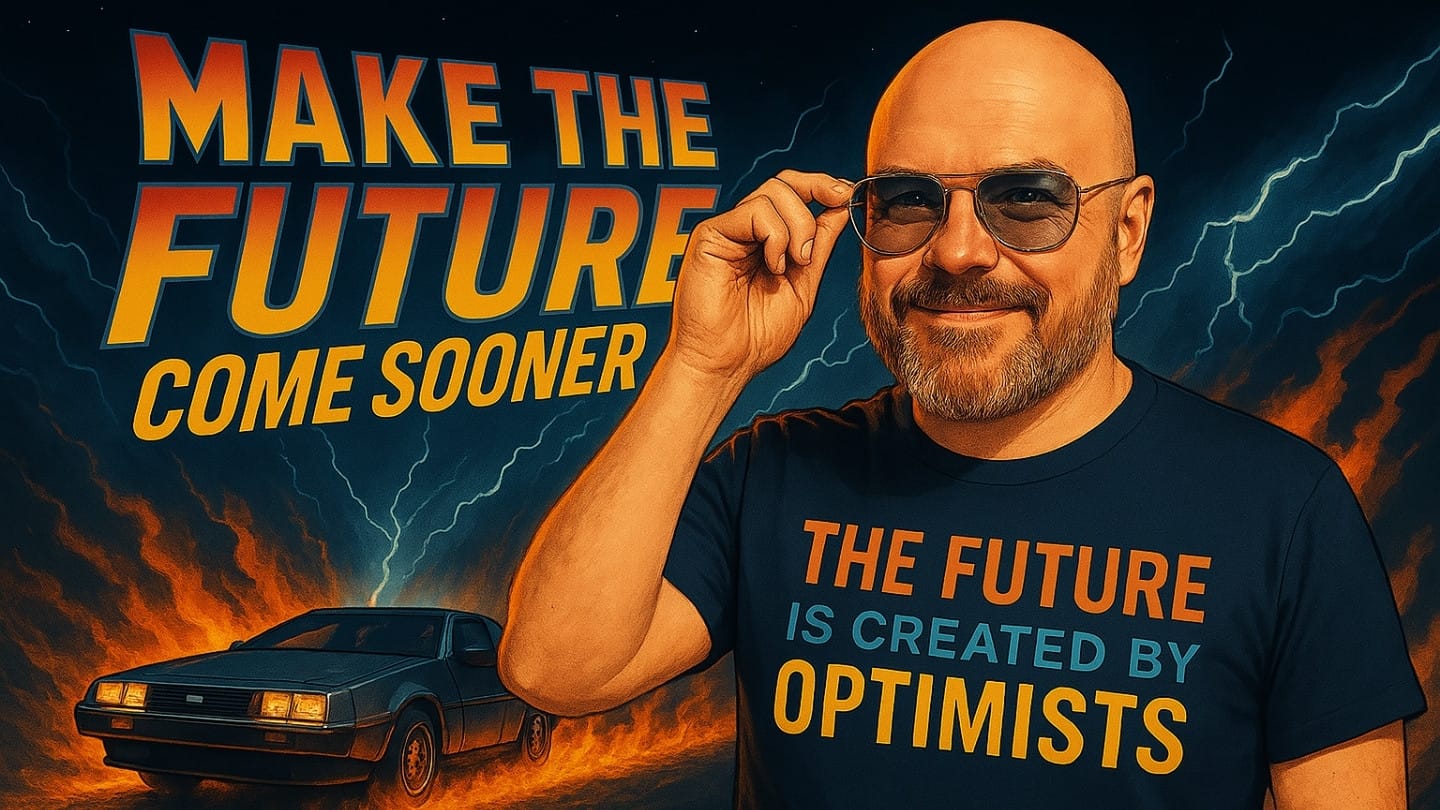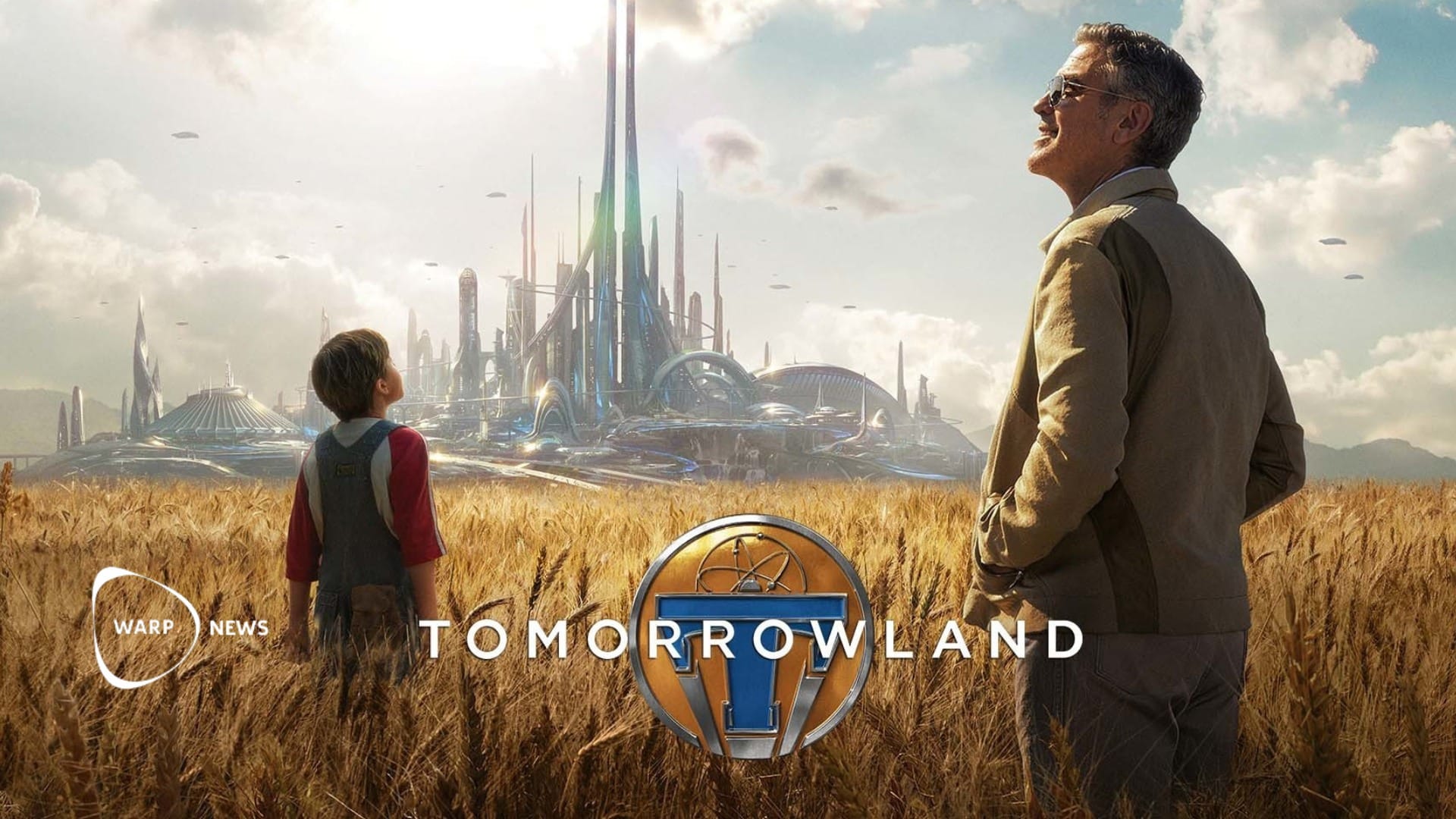
💡 Tomorrowland
"If I saw a child with a jetpack flying over me, I would believe anything is possible. I would be inspired. Doesn't that make the world a better place?"
Share this story!
At the 1964 World's Fair in New York, a competition was held where inventors could win 50 dollars. A young boy named Frank Walker took the bus there, dragging along a large, heavy bag. He hoisted it onto the table in front of one of the judges, David Nix.
The bag contained a jetpack. Nix raised his eyebrows and straightened his back. This was interesting.
"I guess I got tired of waiting for someone else to make one for me," said Walker.
"Does it work?" asked Nix.
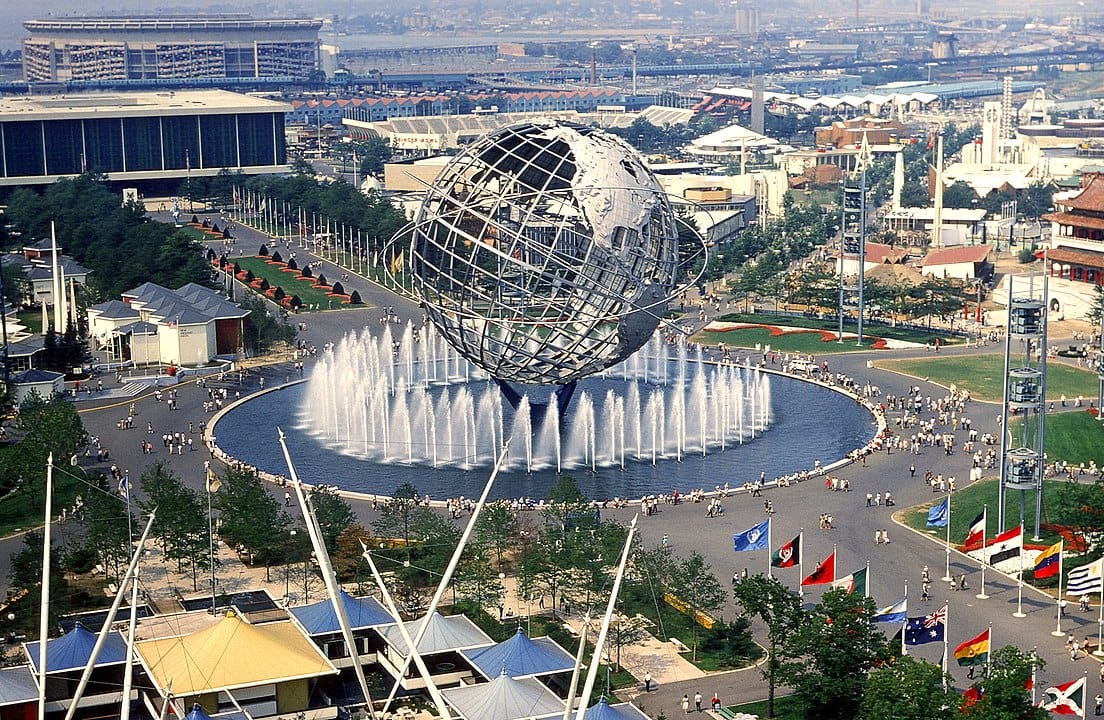
"Um, yes, mostly," Walker replied, squirming. "The only thing is, technically, it doesn't... fly."
"But if it did, what would its purpose be?" Nix asked. "How would it make the world a better place?"
"Anything is possible," said Walker.
"What do you mean?"
"If I saw a child with a jetpack flying over me, I would believe anything is possible. I would be inspired. Doesn't that make the world a better place?"
"I suppose," said Nix, "If it worked. Unfortunately, it doesn't. And if it doesn't work, it has no purpose at all."
Walker didn't get the 50 dollars, but he got something that would prove to be more valuable, a pin. With such a pin, one could enter Tomorrowland.
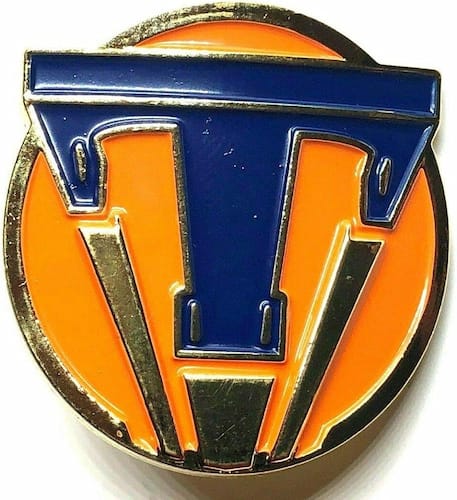
In this Tomorrowland, dreamers and innovators gathered to create a better future for humanity. Their leader was David Nix.
One of their inventions was an AI Monitor. It could predict future risks. To get people to act faster and solve the problems causing the risks, they began broadcasting warnings about the dangers directly to the people. By frightening them, they would wake up, they thought. The effect was entirely different from what they expected.
"How do you think people reacted to the prospect of impending doom?" asked David Nix. "They devoured it hook, line, and sinker! They did not fear their decline; they repackaged it. It could be enjoyed as games, TV shows, books, and movies."
Seeing this, Nix became cynical and decided to close access to Tomorrowland. It was better to leave the rest of humanity to their fate.
"At every moment, there is the possibility of a better future, but you people don't believe in it. And because you don't believe in it, you won't do what is necessary to make it a reality."
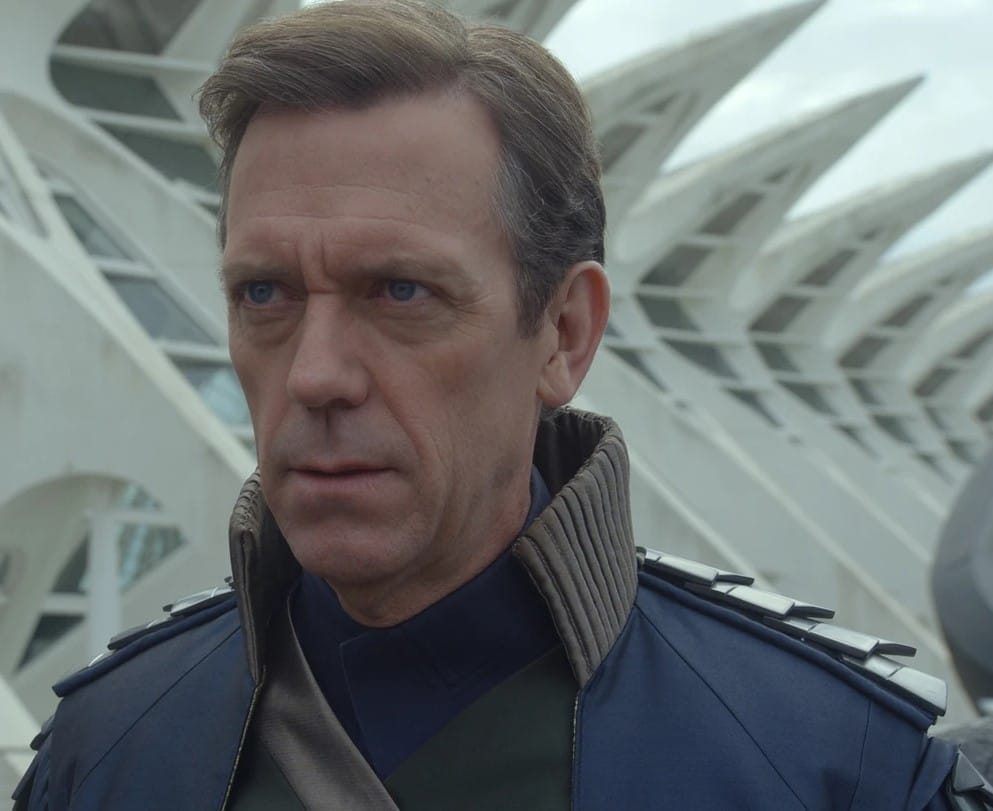
When the dreamers and innovators left humanity to its fate, the AI Monitors' doomsday clock began to count down to zero. Soon, it was over. With a 100 percent certainty.
But then, suddenly, the probability of doomsday changed. From 100 percent to 99.9994 percent.
Somewhere out there was someone who did not accept that future. Who believed that it was the belief in doomsday itself that led to doomsday. This created a small hope, which unsettled the probability calculation.
The hope came from a teenage girl, Casey Newton. She had met an adult Frank Walker.
Exiled and banished from Tomorrowland, where he had questioned Nix, he lived alone and bitter.
When he saw how Newton's optimism unsettled the doomsday calculation, he decided to break into Tomorrowland and destroy the AI Monitor.
Of course, this was something David Nix would not allow them to do. He had decided to let humanity perish.
"You ponder over this terrible future, you resign to it for one reason: That future does not require anything of you today. Yes, we saw the iceberg on the Titanic, but we steered towards it anyway, full speed ahead. Why? Because you want to sink. You gave up."
With the help of a now functioning jetpack, Walker and Newton managed to defeat Nix and destroy the AI Monitor.
But that was, however, just the beginning.
"The hard part is not to tear down and destroy a machine that tells us the world is ending. The hard part is to figure out what to build instead," said Frank. "For that, we need you all."
"Dreamers. We are looking for those who dream," Casey added and took out new pins.
"Give them to those who have not given up. They are the future."
The 1964 World's Fair in New York was not an official world's fair. A country could not host more often than every ten years, and Seattle had hosted just two years prior. However, rules were seen at best as a recommendation by New York's legendary and ruthless city planner, Robert Moses.
To attract people despite the unofficial stamp, Moses turned to another legend, Walt Disney. Through the success of Disneyland, he had proven that he could do just that.
For the world's fair, the future optimist Walt Disney built a Progressland where a Carousel of Progress demonstrated the effect (ha ha) that electrification had on prosperity and development.
When the world's fair ended, the Carousel of Progress moved to Disneyland and Tomorrowland.
But it was a different Tomorrowland that Frank Walker had been granted access to. It only exists in the movie of the same name. Please excuse the spoiler, but the movie is almost ten years old, so I thought it was okay. Tomorrowland is definitely worth watching (available on Disney+), but not great as a movie.
The message, however, is spot on. It's the dreamers we need. The future is created by optimists. When you find them. Give them a pin.
Mathias Sundin
The Angry Optimist
By becoming a premium supporter, you help in the creation and sharing of fact-based optimistic news all over the world.
